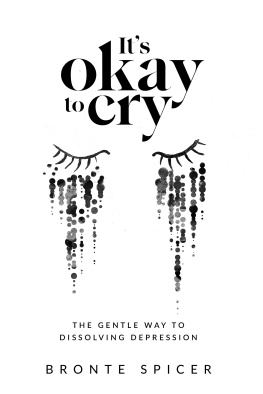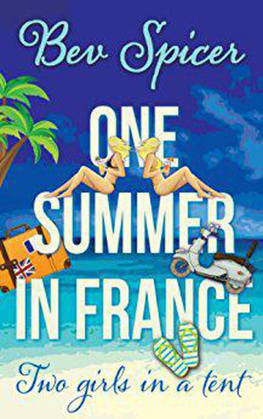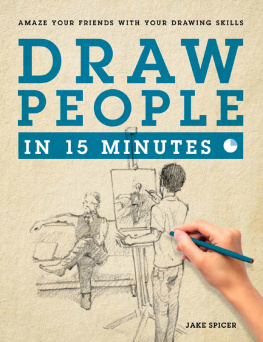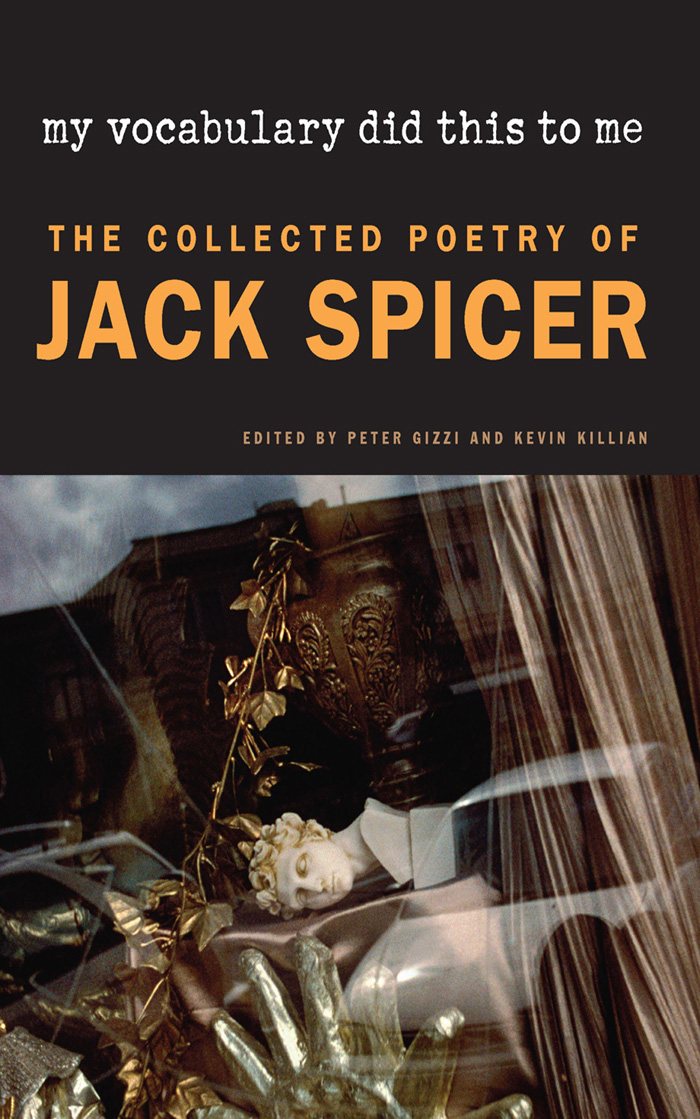my vocabulary did this to me wesleyan poetry

my vocabulary did this to me
The Collected Poetry of JACK SPICER
Edited by Peter Gizzi and Kevin Killian Wesleyan University Press Middletown, Connecticut Published by Wesleyan University Press, Middletown, CT 06459 www.wesleyan.edu/wespress 2008 by the Estate of Jack Spicer Introduction 2008 by Peter Gizzi and Kevin Killian All rights reserved. First Wesleyan paperback 2010 Printed in the United States of America 5 4 3 2 1 ISBN for the paperback edition: 978-0-8195-7090-1 Frontispiece illustration: Jack Spicer at the 6 Gallery
opening in San Francisco, 1954. Photo Robert Berg. Wesleyan University Press is a member of the Green Press Initiative. The paper used in this book meets their minimum requirement for recycled paper.
 | This project is supported in part by an award from the National Endowment for the Arts |
Library of Congress Cataloging in Publication Data Spicer, Jack.
My vocabulary did this to me : the collected poetry of Jack Spicer / edited by Peter Gizzi and Kevin Killian. p. cm. (Wesleyan poetry) Includes bibliographical references and index. ISBN 9780-819568878 (cloth : alk. paper) I.
Gizzi, Peter. II. Killian, Kevin. III. Title. PS3569.P47M9 2008
CONTENTS
ACKNOWLEDGMENTS
Many helped us in the years during which we edited this book.
First of all, we would like to thank Robin Blaser, who shepherded these materials for forty years and whose edition of Spicers Collected Books (1975) was a landmark volume. Blasers kindness is legendary, but its real. The late Donald Allen, Spicers friend and editor, answered a hundred questions with patience. The present volume builds on the work he did in the 1957 San Francisco Scene issue of Evergreen Review, in his anthology The New American Poetry, and in One Night Stand, the volume of Spicers shorter poems he published in 1980. To the painter Fran Herndon, we owe the survival of The Holy Grail manuscript, as well as the Fix sequence known as Golem, and the files of J, the magazine she and Spicer edited in 1959. Lewis Ellingham established chronologies, elucidated texts, sought out informants, shared his knowledge intimate and arcane, kept the flame alivean invaluable resource in every conceivable way.
A special thanks to Anthony Bliss and Tanya Hollis of the Bancroft Library; without their generosity and vision this book could not have come to pass. At the Bancroft we owe thanks all around, and especially to Bonnie Bearden, Steven Black, Bonnie Hardwick, Jocelyn Saidenberg, Teresa Salazar, Dean Smith, and Susan Snyder. At the Special Collections and Rare Books Department of Simon Fraser University Library in Burnaby, British Columbia, we were fortunate in working with the late Charles Watts and with his successor, Tony Power. Robert Bertholf and Michael Basinski showed us many kindnesses at the Lockwood Library at SUNY Buffalo. Thanks to Aaron Kunin for his work transcribing and inputting manuscript material newly discovered at the Bancroft in the summer of 2004. Similar help came from a crew of artists and poets including Brandon Brown, Simon Evans, Kelly Holt, David Hull, Charles Legere, Jason Morris, John Sakkis, and Logan Ryan Smith.
Many otherstoo many to name hereaided us with information about Spicers life and work, alerted us to potential leads, provided cultural context for this material, made comments on the text, put us up while we were away from home on this quest, published our preliminary findings, and/or answered questions cheerfully over the past ten years. Beyond those already mentioned, we would like to thank Christopher Alexander, Joshua Beckman, Dan Bouchard, George Bowering, the late Jess Collins, the late Robert Creeley, Clark Coolidge, Beverly Dahlen, Michael Davidson, Richard Deming, Steve Dickison, Nathaniel Dorsky, Ernesto Edwards, Steve Evans, Thomas Evans, the late Landis Everson, David Farwell, Dora FitzGerald, Nemi Frost, Jack Gilbert, John Granger, George Herms, Susan Howe, Andrew Hoyem, Lisa Jarnot, Kent Jones, Daniel Katz, Joanne Kyger, Nathaniel Mackey, Michael McClure, Ben Mazer, W. S. Merwin, Alvin William Moore, Jennifer Moxley, Barbara Nicholls, Miriam Nichols, Geoffrey OBrien, Michael Ondaatje, John Palattella, Ariel Parkinson, Kristin Prevallet, Peter and Meredith Quartermain, Tom Raworth, Adrienne Rich, Jim Roberts, Jennifer Scappettone, Don Share, Ron Silliman, Rod Smith, Matthew Stadler, George Stanley, Ellen Tallman, Glenn Todd, John Emil Vincent, Tom Vogler and Mary-Kay Gamel, Christopher Wagstaff, Anne Waldman, Rosmarie Waldrop, Emily Warn, and Scott Watson. For their assistance in final manuscript and galley preparation we thank Sean Casey, Matthew Gagnon, Jay Johnson, Aaron Kunin, Steve Zultanski, and especially Lori Shine and Elizabeth Willis for their crucial work. Thanks also to the folks at Wesleyan University Press and University Press of New England, but primarily to Suzanna Tamminen, Director and Editor-in-Chief at Wesleyan, for her good will, vision, and ongoing commitment to publishing Spicers work.
Since we began working on this collection, a number of poems have appeared in the following publications, sometimes in altered form: The Chicago Review, They Murdered You: An Elegy on the Death of Kenneth Rexroth; Eleven Eleven, IInd Phase of the Moon, IIIrd Phase of the Moon, IVth Phase of the Moon; Fulcrum, Imagine Lucifer...; Golden Handcuffs Review, Map Poems; Harpers, The city of Boston...; Jubilat, Letters to James Alexander; The Massachusetts Review, Homosexuality, A Portrait of the Artist as a Young Landscape, The city of Boston...; The Nation, Two Poems for the Nation; Nest, For Steve Jonas Who Is in Jail for Defrauding a Book Club, A Birthday Poem for Jim (and James) Alexander; The Poker, The city of Boston...; and Poetry, Any fool can get into an ocean... , A Second Train Song for Gary, Imagine Lucifer... , A Poem for Dada Day at The Place, April 1, 1958, and Five Poems from Helen: A Revision. Our thanks to the editors involved. And more than we can say, thanks to Dodie Bellamy and Elizabeth Willis.
INTRODUCTION
In 1965, when Jack Spicer wrote get those words out of your mouth and into your heart, he voiced an imperative to both poet and reader addressing the perilous honesty that the lived life of the poem demands.
This admonition is startling coming from a poet who claimed that his poems originated outside himself, who insisted that a poet was no more than a radio transmitting messages; a poet who professed an almost monkish practice of dictation, from Martians no less, who rejected what he called the big lie of the personal; and yet in the process he created one of the most indelible and enduring voices in American poetry. This voice, and its appeal, are all the more notable since Spicer was never fully embraced within either the official culture or counter-culture of his period. Still, in the past forty years, Spicer has had a broad and lasting effect on a diverse range of writers nationally and internationally; his impact on contemporary writing will undoubtedly be felt for generations to come. Born John Lester Spicer on January 30, 1925, in Los Angeles, Jack Spicer was the elder of two sons. His parents, Dorothy Clause and John Lovely Spicer, were Midwesterners who met and married in Hollywood and ran a small hotel business. He attended Fairfax High School and, when ill health gave him 4-F draft status, he worked variously as a private detective, a defense worker, and an extra in Hollywood studio films.












